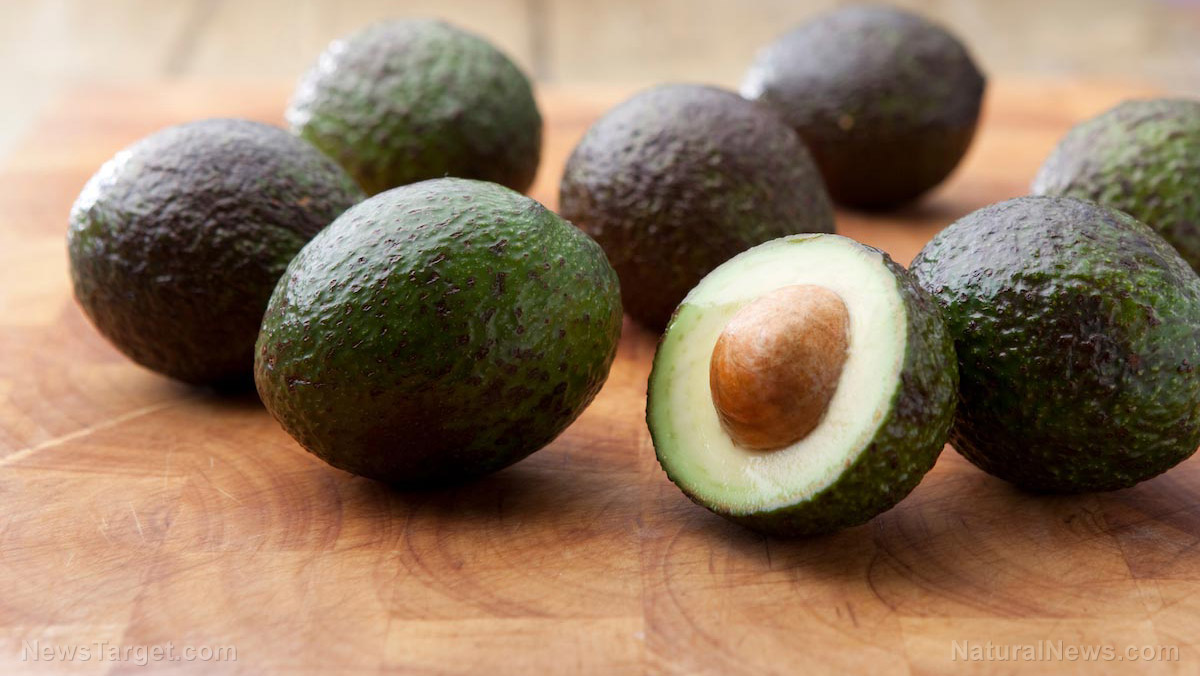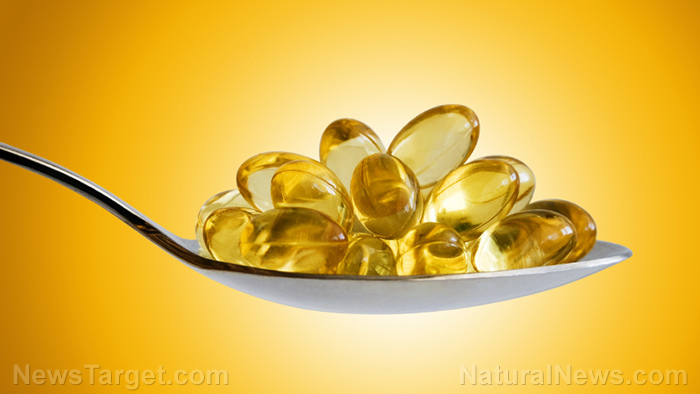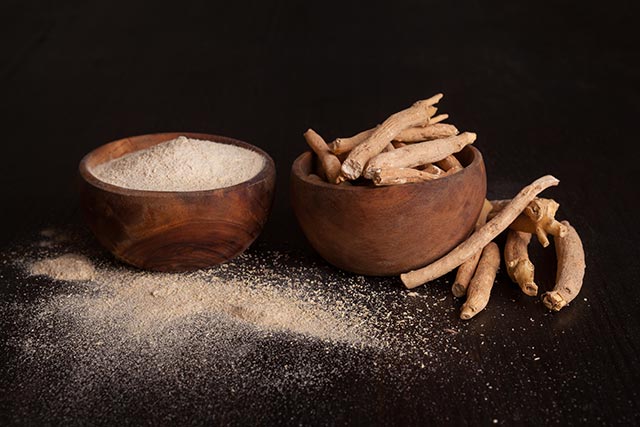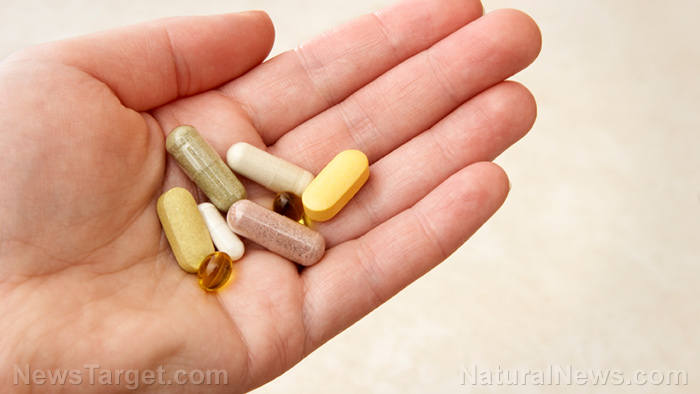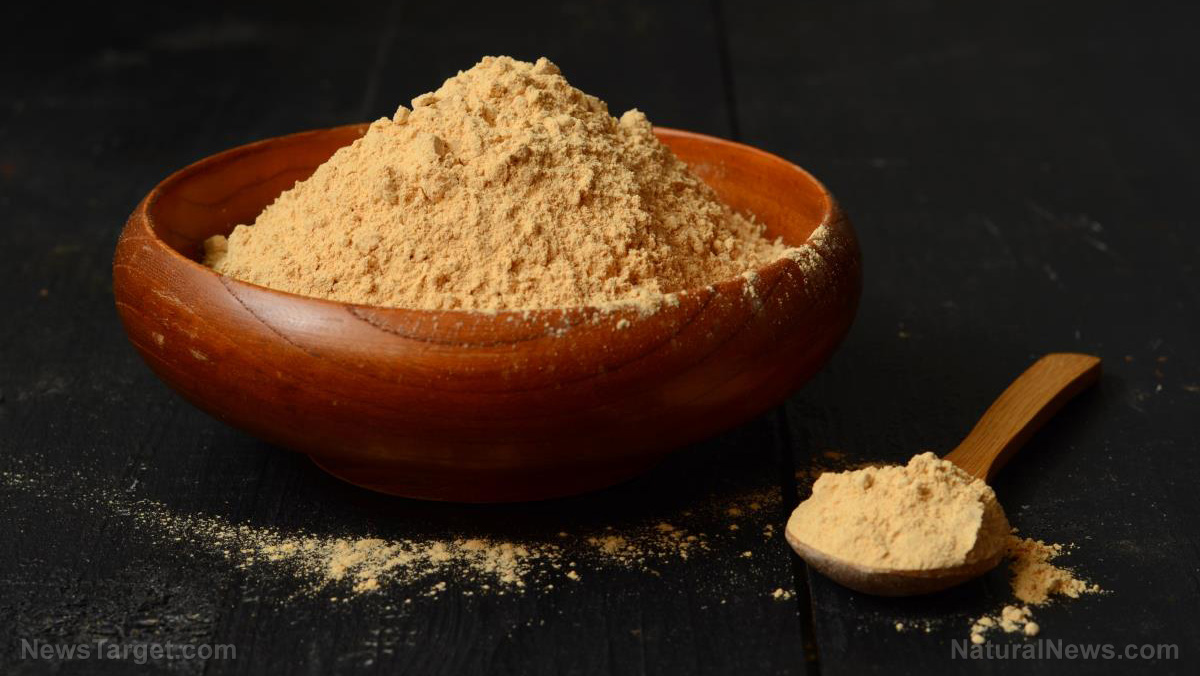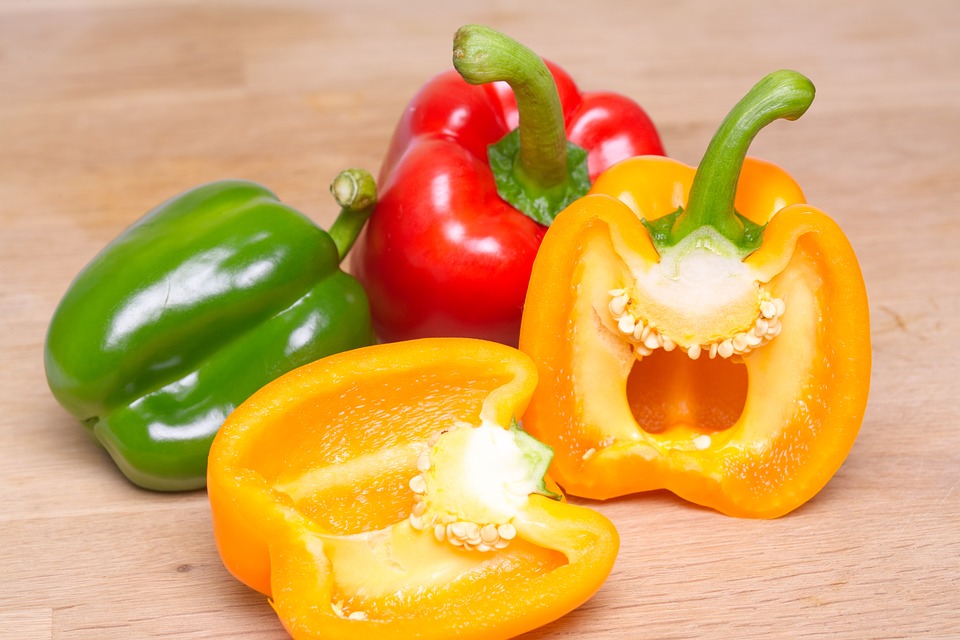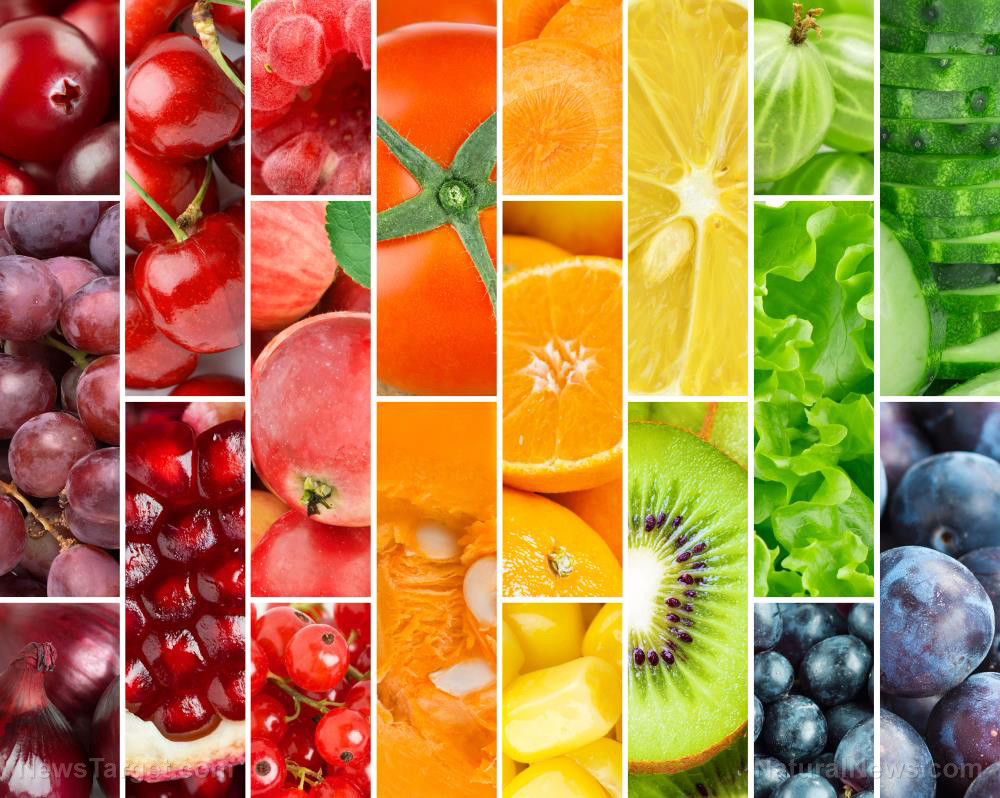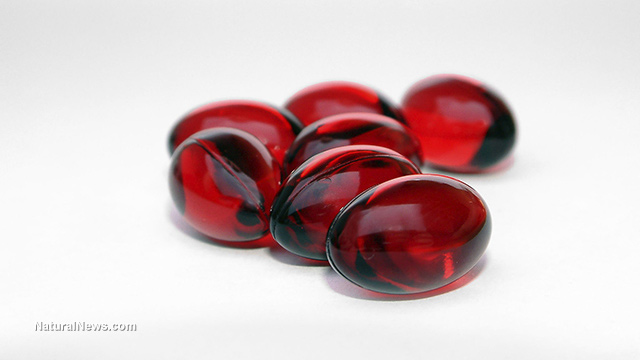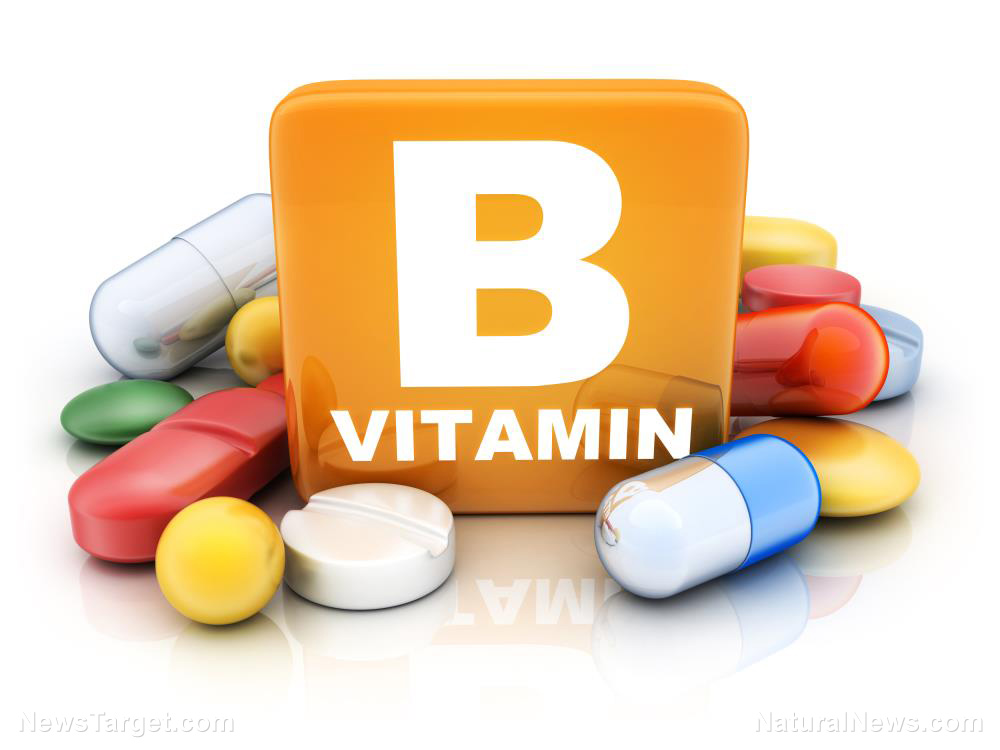Zinc deficiency: The top signs and symptoms explained
09/29/2018 / By Rhonda Johansson

It is estimated that 17.3 percent of the global population suffer from a zinc deficiency. That may not seem like a large number until one considers the caution that comes with this conclusion: Health professionals themselves do not fully know the extent of the problem.
Zinc deficiency studies have largely been based on the prevalence of child stunting, estimates of dietary intakes, and the availability of zinc from the food supply, according to a 2015 study entitled, The Epidemiology of Global Micronutrient Deficiencies published in the Annals of Nutrition & Metabolism. Thus, the percentage of people who suffer from a lack of zinc may actually be higher. According to the paper, “deficiency in zinc is thought to be one of the primary causes of morbidity in developing countries and, yet, surprisingly little is known about the status of the world.”
Michael Hambridge, Ph.D., professor emeritus of pediatrics and nutrition at the University of Colorado School of Medicine wrote on Health.com, “zinc is required by every cell, system, and organ in your body. It’s involved in nearly every biological process. And because its functions are so diverse, symptoms of a deficiency are also diverse.” This, he claims, is why it is extremely important to learn how to identify a zinc deficiency, and how to prevent these low levels from occurring in the first place.
It can be difficult to detect a zinc deficiency, but there are certain signs to watch out for. Take note that these are not conclusive by themselves, but being aware of them will prove useful for early detection.
- Having a chronic disease — According to Prevention.com, chronic illnesses such as diabetes, Alzheimer’s, and certain autoimmune diseases are linked to zinc deficiency. This is because zinc is necessary for a healthy immune function. Zinc is also required for cellular growth; a lack of the nutrient increases your risk of oxidative stress and inflammation, which are strongly associated with chronic diseases.
- Easily infected — Your immune system needs adequate amounts of zinc to properly function. Lacking it can dramatically increase your risk of getting infected, whether that be viral or bacterial.
- You have thinning hair — If you’re noticing more strands in your hairbrush, you may want to get yourself checked. Hair loss can be a sign of severe zinc deficiency. Even if you have adequate levels of zinc in your system, having clumps of hair fall out is never a good sign.
- Food no longer tastes good — Zinc plays a vital role in taste and smell. Studies have suggested that a zinc deficiency can make food taste differently. This is one reason why pregnant women are often cautioned by their doctors to constantly check their zinc levels. Hormonal changes aside, their distaste for food may actually be indicative of a nutrient deficiency.
- Having problems hearing — The Prevention.com article cited a study wherein researchers found that those with some form of hearing loss suffered from mild cases of zinc deficiency.
- You are of under-average height — Zinc deficiency is most noticeable among children. Kids who lack the nutrient often display stunted growth.
Health professionals state those most at-risk of suffering from a zinc deficiency are pregnant women and vegetarians. A study published in American Journal of Clinical Nutrition even suggested that vegans may need as much as 50 percent more of the recommended daily allowance of zinc compared to those who regularly eat meat. It was also concluded that certain plant foods such, as legumes and whole grains, contain phytic acid, a compound that blocks the absorption of zinc, which further worsens zinc deficiency.
Thankfully, a zinc deficiency can be addressed quite easily by proper food intake. Vegans need not worry about going back to their carnivorous ways. According to WellnessMama.com, some great food sources of zinc include: pumpkin seeds (about 9 mg per 3 oz), dark chocolate (8-9 mg per 3 oz), beans (2.9 mg per 3 oz), and tahini (about 9 mg per 3 oz).
Sources include:
Tagged Under: fitness, longevity, nutrient deficiency, nutrients, nutrition, prevention, slender, supplements, zinc, zinc deficiency

